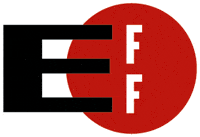Articles by Electronic Frontier Foundation (EFF)
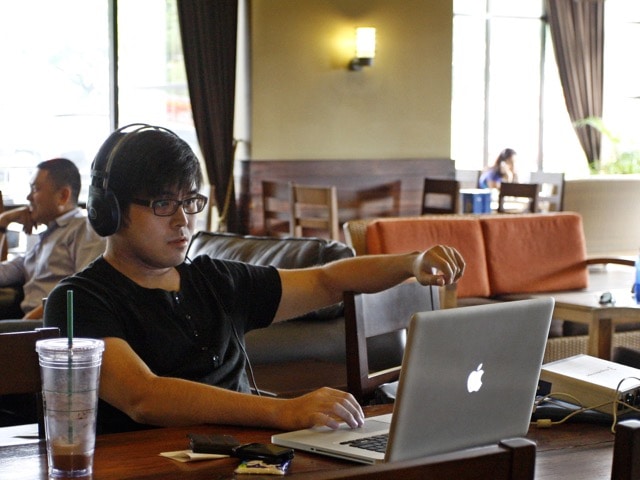
Medium’s sitewide encryption confronts censorship in Malaysia
Blogging platform Medium is now blocked in Malaysia, apparently in an effort to censor an investigative news outlet critical of the government.

Twitter’s policy reboot: The good, the bad, and the ugly
On 6 January 2016, Twitter announced that it is updating their rules to clarify what it considers to be “abusive behavior and hateful conduct”. A side-by-side comparison of the Twitter Rules on December 27, 2015 and today shows considerable changes.
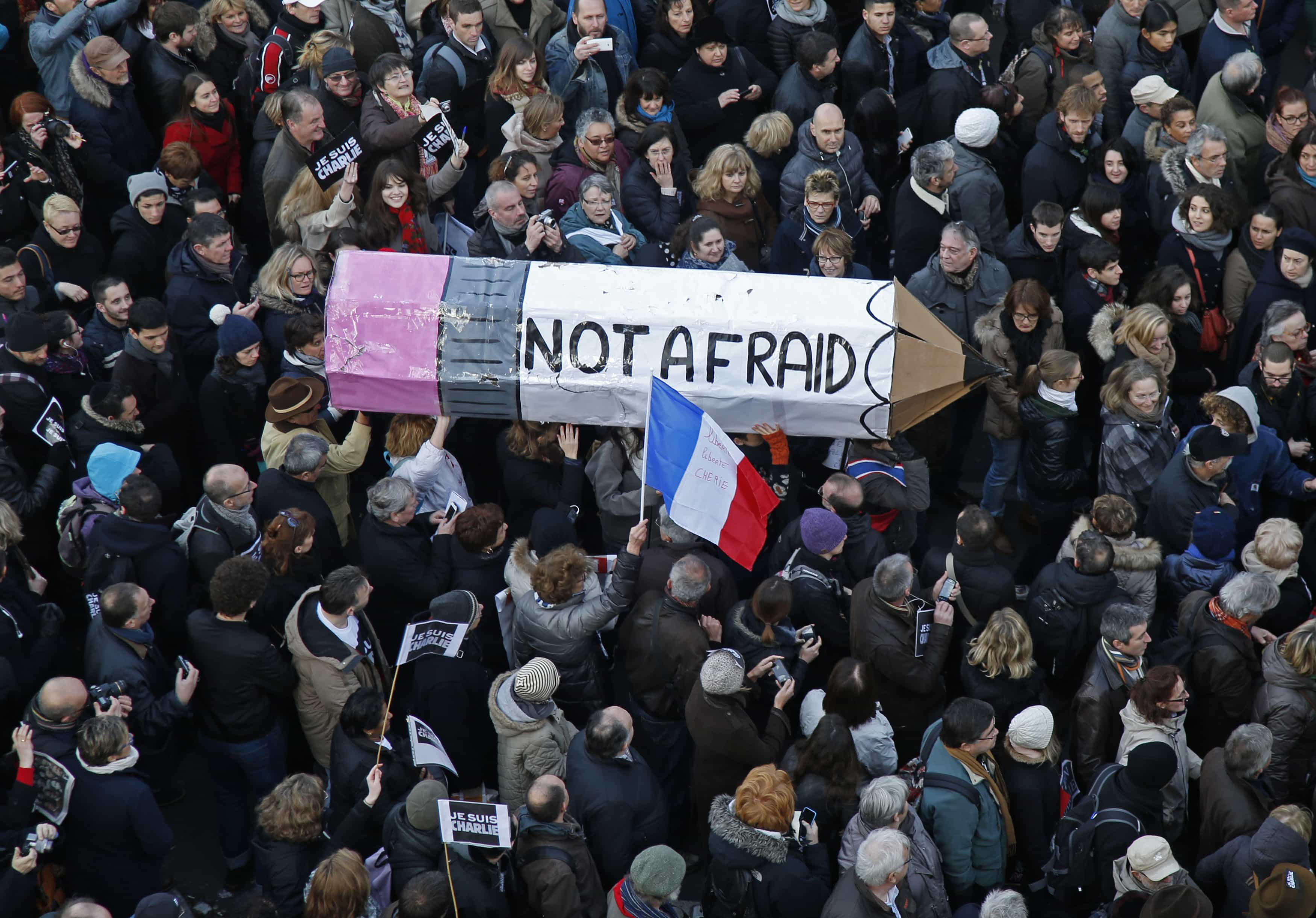
On the anniversary of Charlie Hebdo, dissenting voices must be protected
Civil society groups mark the anniversary of the Charlie Hebdo attack by calling on governments worldwide to fulfill their obligation to protect freedom of expression.

U.S. school district embraces Google Chromebooks, but at what cost?
The Electronic Frontier Foundation presents a case study of a California father fighting his daughter’s school district over digital privacy.
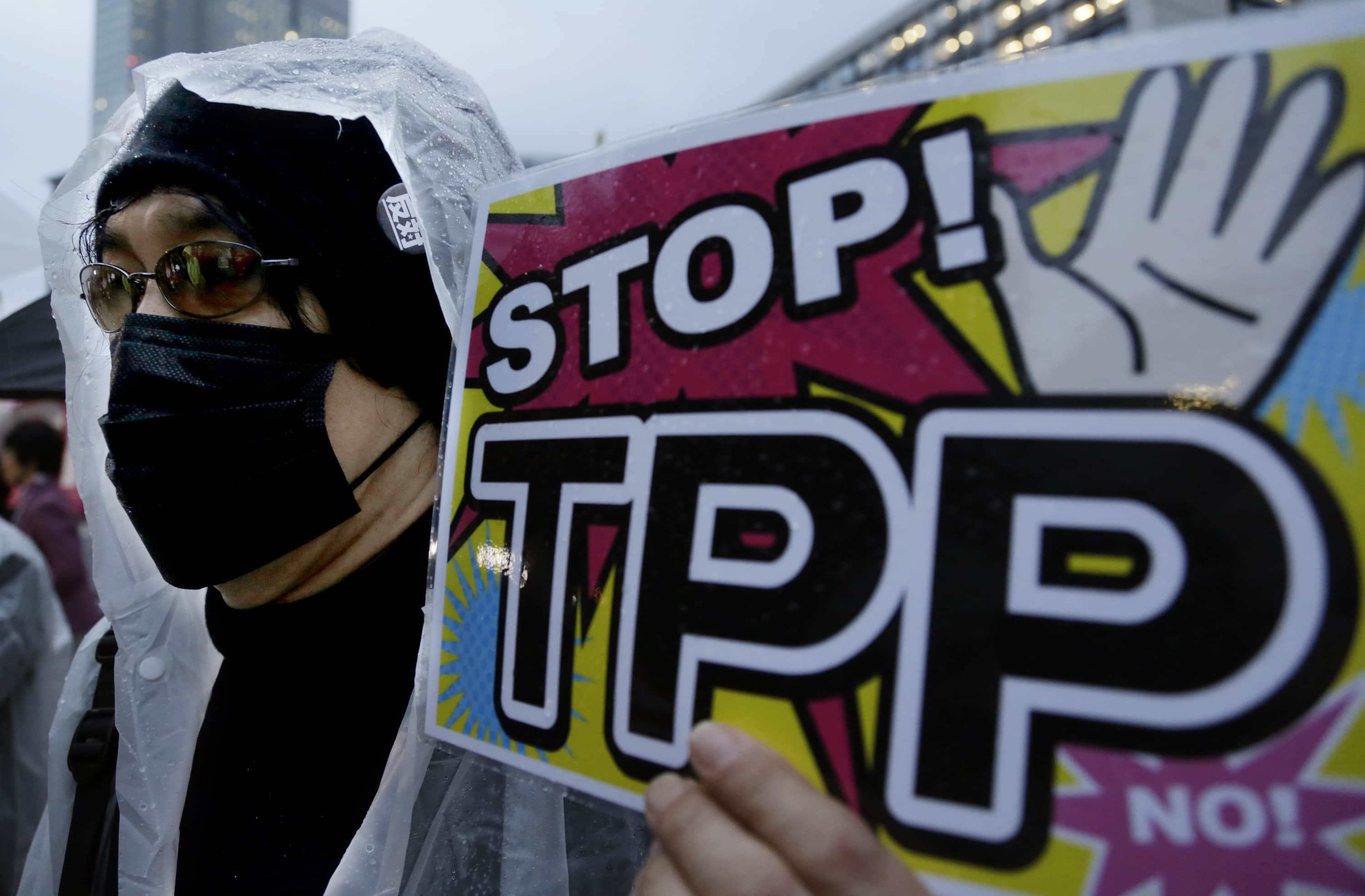
Release of the full TPP text confirms threats to users’ rights
Now that the entire agreement is published, we can see how various chapters of the agreement contain harmful rules that undermine our rights online and over our digital devices and content.
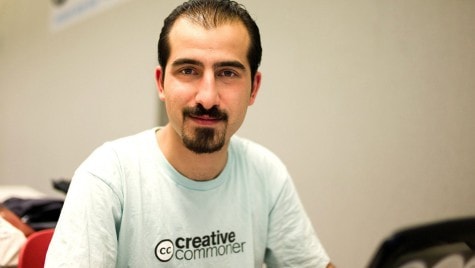
Syria must disclose location of arrested activist Bassel Khartabil
Syria’s authorities have yet to disclose the whereabouts of Bassel Khartabil, a software developer and defender of freedom of information, one month after his transfer to an undisclosed location, 22 organisations said on 4 November 2015. Syrian authorities should immediately reveal his whereabouts and release him.

How trade agreements harm open access and open source
Open access isn’t explicitly covered in any of the secretive trade negotiations that are currently underway, including the Trans-Pacific Partnership (TPP), the Trans-Atlantic Trade and Investment Partnership (TTIP), and the Trade In Services Agreement (TISA). But that doesn’t mean that they won’t have a negative impact on those seeking to publish or use open access materials.
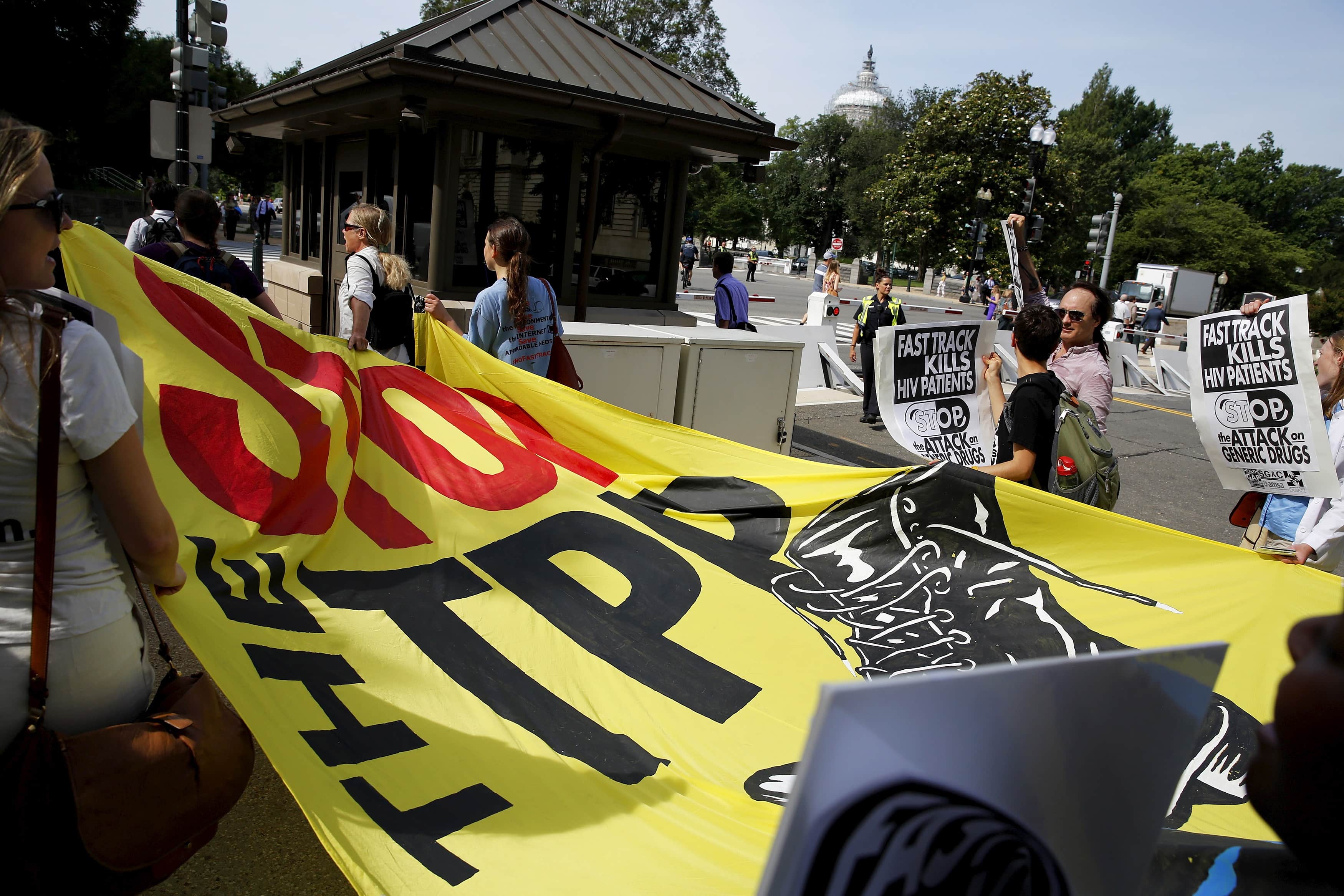
After TPP deal announced, the real fight begins
On 5 October 2015, trade officials announced they had reached a final deal on the Trans-Pacific Partnership (TPP), which affects 800 million Internet users’ rights to free expression, privacy, and access to knowledge online.
